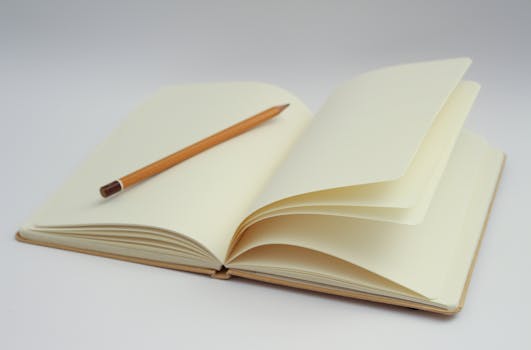My
Hope & Focus Cancer Organizer: Planning for Survivorship

My
aunt recently successfully finished her breast cancer treatment and we couldn’t
possibly be happier. She is now a survivor. Getting a cancer diagnosis is
terrifying. It completely changes your life. However, hearing the news that you
are cancer free is something that is also life changing. You beat one of the
hardest experiences life has to offer. You would think that the journey ends there
but there is still more to be done. In Puja Thomson’s “My Hope & Focus
Cancer Organizer”, there is a section specifically about survivorship when
treatment ends. In this section, Puja talks about how this new stage in a
cancer survivor’s life can be scary. She lists out ways that your healthcare
providers and doctors should help you during this time. I showed this part of
the book to my aunt and interviewed her.
“I was so relieved
that all of it was over,” my aunt told me. She was so nervous during her treatment
that getting the news that her cancer was gone was something that she really
needed to hear. However, she couldn’t erase all of her fears. Going through
something like that is life altering and it is hard to go back to the way
things were before the diagnosis. “I remember sitting there with my doctor and
thinking…okay, now what? A part of me just wanted to get along with my life but
I also wanted to make sure that everything was in order.”
After talking to
her about how she was feeling, I showed her Puja Thomson’s cancer work book/
organizer. She looked through it and I could see her nodding along to the
things she agreed with. “I can tell that she knows what she’s talking about,”
she said after reading it. My aunt agreed that she did feel vulnerable now that
she wasn’t able to see her doctors on a regular basis. She confirmed that her
doctors have reviewed her past treatment with her and told her what she could
do for an after-care survivorship plan. “I was lucky enough to have really nice
providers during this time. They were extremely caring and made sure that I was
feeling comfortable with everything.” Cancer physicians are now required to
provide a post treatment care plan to discuss with you. This is something I had
no idea about and I was curious if she knew that this was something she should
have expected.
“I didn’t know
this was something they had to do,” she admitted. “But I’m so grateful that
they did. I would be so lost without them.” Puja lets her readers know that the
survivorship plan is something that is extremely important and that it “will
provide recommendations for your future care to guide your progress both to
prevent a recurrence and to support you towards where you want to go to
maintain good health.” This new section of the workbook is very informative and
helps those who have never gone through cancer before and are coming to an end
of their treatment.
“This book is
really helpful. I didn’t know anything about aftercare and I could imagine that
other people are probably in the same boat…I would definitely check out her
other books.” After going through cancer, you deserve to feel at ease. This
workbook will put you on track of achieving this.





